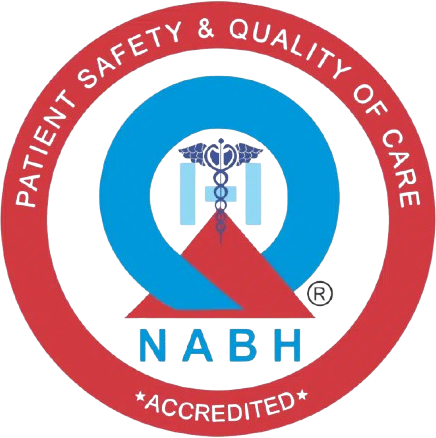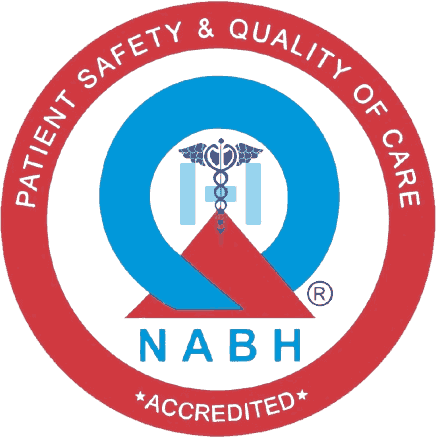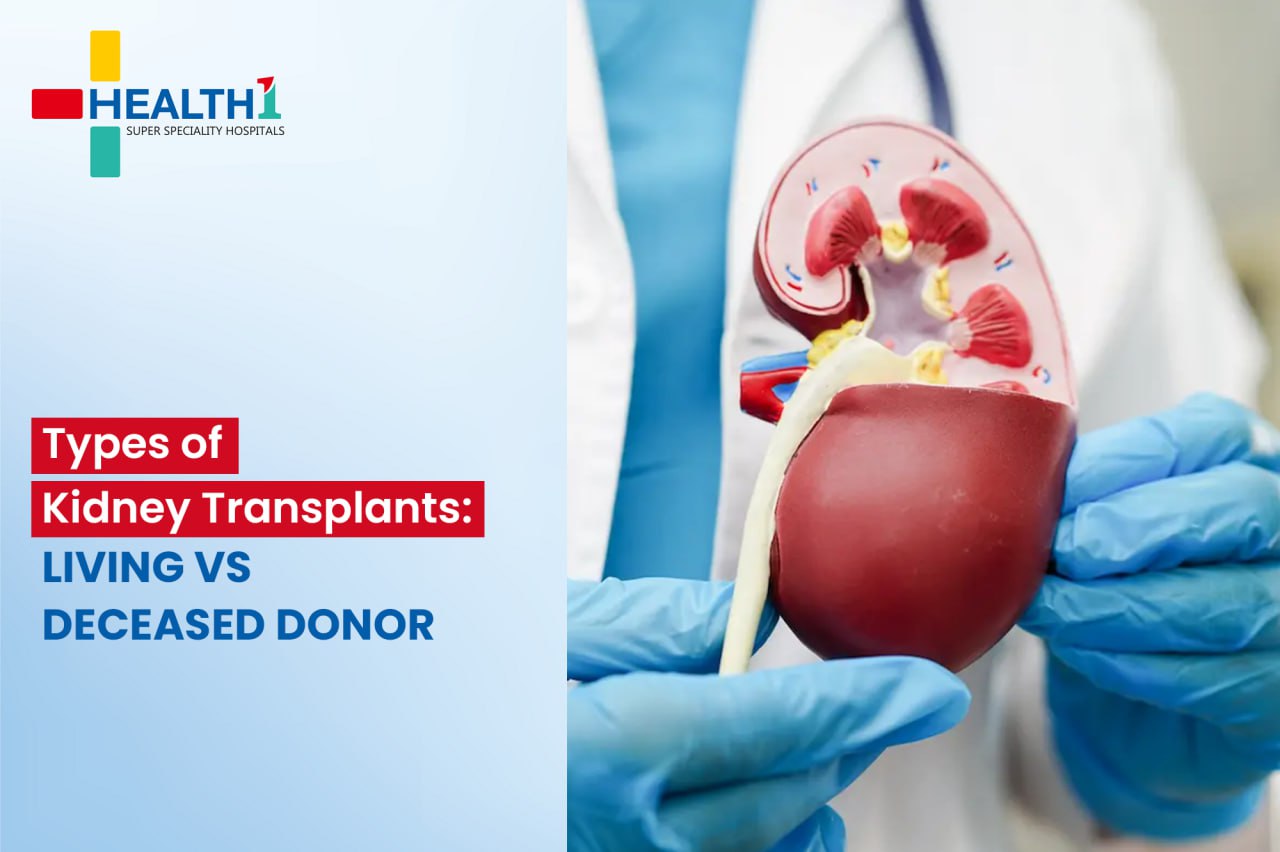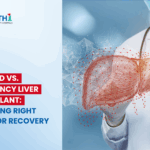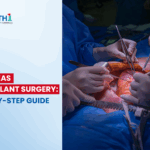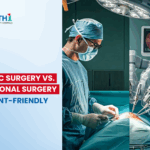Kidney transplant and stage is a living surgery for kidney patients. Although dialysis can maintain patients for some time, a transplant provides a more stable solution and better lifestyle. If you or your family member has been recommended to undergo a kidney transplant, you should know about two broad categories: Living donor transplant and deceased donor transplant. Both options have their benefits and challenges, and the option often depends on medical suitability, donor availability and the patient’s health status.
What is a Kidney Transplant?
Kidney transplantation means transferring the healthy kidney of a donor to a patient who has kidneys who are no longer working well. The operation is usually done in a super speciality hospital under the supervision of an interdisciplinary team of experts that can include nephrologists, transplant surgeons, and cardiac sciences specialists, in view of the intimate relationship between kidney and heart function.
Living Donor Kidney Transplant
In this form of transplant, a healthy individual gives one of his or her kidneys to the patient. Because humans are able to survive with one healthy kidney, the operation has become widespread globally.
Benefits of Living Donor Transplants:
- Low waiting period: Patients now do not have to spend years to wait in the transplant waiting list.
- Improved success rate: Living donor kidneys tend to work longer and better than donor kidneys from deceased individuals.
- Planned surgery: The donor and recipient can prepare beforehand, going through appropriate assessments such as a body check-up in Ahmedabad or Gandhinagar hospitals so that safety is ensured.
Challenges:
- It may be challenging to find a willing and compatible donor.
- Donors should go through rigorous medical checks to ascertain that their long-term health would not be affected.
Benefits of Deceased Donor Transplants:
- No living donor is required: Patients who lack a matching friend or family member can still receive transplantation.
- Ability to save multiple lives: A single deceased donor can give kidneys to two patients.
Issues:
- Long waiting times: In India, the waiting list can be several years long, depending on organ availability and blood type.
- Slightly poorer success rates: Deceased donor kidneys will not last so long as those from living donors.
- Impracticable timing: Patients must be prepared for surgery with very short notice.
Role of Advanced Technology in Transplants
Today’s technology has enhanced transplantation results. For instance, robotic surgery in Ahmedabad is being used more and more in urology and transplant procedures to minimize recovery time and operative complications. Likewise, working with an Ahmedabad vascular surgeon to make blood vessel connections with high accuracy during the transplant is guaranteed.
Cost Considerations
Though the price of a kidney transplant is hospital and city-dependent, it tends to be bracketed alongside other sophisticated procedures such as the cost of angioplasty in Ahmedabad or intricate cardiac surgery. Patients should consult their hospital and learn about inclusion like surgery, post-up treatment and medication.
Choosing the Right Hospital
An ideal kidney transplant not only needs skilled surgeons, but also a quality medical center. Numerous superspeciality hospitals and prominent hospitals in Gandhinagar offer superior transplant programs with backup from departments like nephrology, urology, and cardiac sciences. Patients must seek:
- Skilled transplant surgeons
- 24/7 critical care units
- Access to advanced imaging and robotic facilities
- Post-transplant long-term care support
Conclusion
Living donor and deceased donor kidney transplants both have their own role in saving lives. Living donor transplant typically provides quicker recovery and better success rates, but deceased donor programs provide hope to patients who are unable to find a compatible donor among their relatives. Coupled with the modern robotic surgery in Ahmedabad, experienced experts such as nephrologists and vascular surgeons in Ahmedabad, and top-class care being provided in super speciality hospitals, today’s patients stand a better chance of living healthy lives after liver transplant.
If you or your dear one is thinking of a kidney transplant, see an old hand in the specialty, consider hospital possibilities, and take a decision after consulting medical experts.
